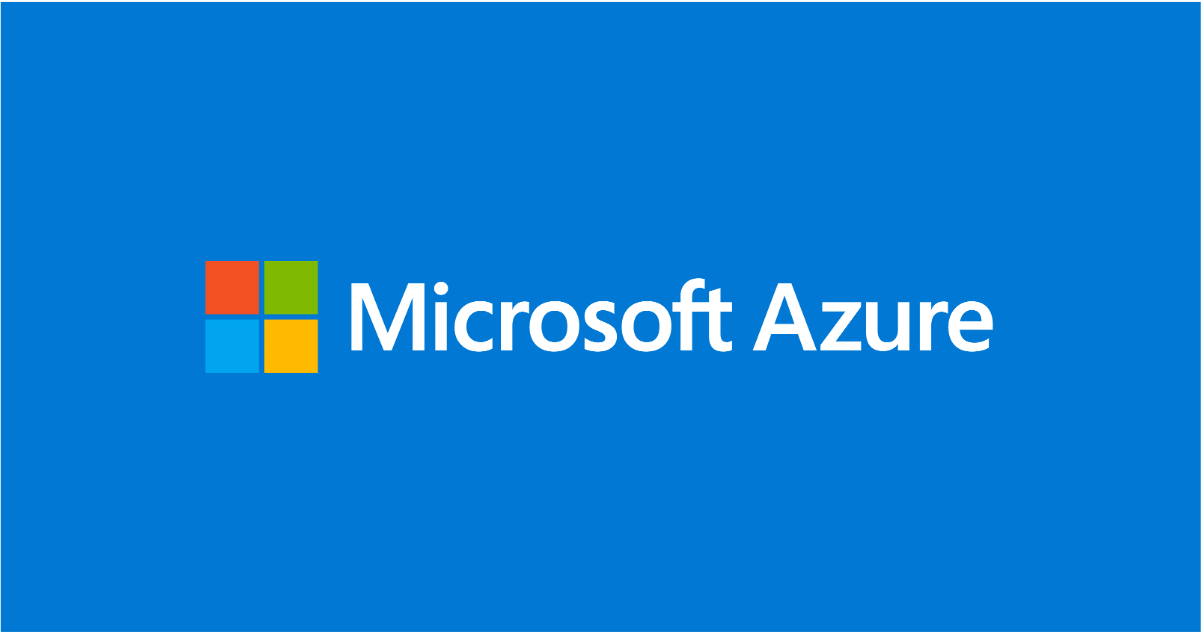Introducing the Azure Policy Community Repo

Introducing the Azure Policy Community Repo
What is the Azure Policy Community Repo?
Benefits of Contributing to the Community Repo
- Direct Impact: Support organizations in enforcing standards and assessing compliance at scale.
- Recognition: Share innovative solutions to gain visibility within the Azure community.
- Enhanced Resource Pool: Access and contribute to a growing repository, amplifying the success of the Azure ecosystem in achieving robust compliance.
How to Contribute
How to Create a Pull Request for Azure Community Policy Contributions
- Visit the Azure Community Policy repository on GitHub.
- Click on the "Fork" button at the top right corner to create a copy of the repository in your GitHub account.
- Navigate to your forked repository.
- Use the "Clone or download" button to copy the repository URL.
- Clone the repository to your local machine using the Git command:
git clone [URL]
- Navigate into the cloned repository directory on your machine.
- Create a new branch for your contributions:
git checkout -b [branch_name]
- Add or modify policies in your branch, ensuring they align with the Azure Community Policy guidelines.
- Make sure your policies are generic enough to ensure privacy and do not contain sensitive or proprietary information.
// Consent for Sharing// I, [Your Name], provide consent for this policy to be shared and used within the Azure Community Policy repository.- Add your changes to the staging area:
git add . - Commit your changes with a clear message:
git commit -m "Add [PolicyName] policy"
- Push your branch and changes to your GitHub fork:
git push origin [branch_name]
- Navigate to the original Azure Community Policy repository on GitHub.
- Click on "Pull Requests" > "New Pull Request".
- Choose your branch and verify the changes.
- Provide a clear and detailed description of your contribution, including the origin (e.g., based on a support case) without specific case details for privacy.
- Submit your Pull Request.
Additional Guidelines
- Review Before Submitting: Ensure your policies are accurately described and follow the repository's contribution guidelines.
- Privacy Consideration: Avoid including any personal, sensitive, or proprietary information in your contributions.
Handling Issues
Get Started!
Published on:
Learn moreRelated posts
New Secure Boot update resources for Azure Virtual Desktop, Windows 365, and Microsoft Intune
New documentation is now available to help IT administrators prepare for Secure Boot certificate updates and manage update readiness across vi...
Azure DocumentDB: A Fully Managed MongoDB-Compatible Database
Running MongoDB at scale eventually forces a trade-off: invest heavily in managing your own infrastructure or move to a managed service and ri...
Azure SDK Release (February 2026)
Azure SDK releases every month. In this post, you'll find this month's highlights and release notes. The post Azure SDK Release (February 2026...
Recovering dropped tables in Azure Databricks with UNDROP TABLE
Oops, Dropped the Wrong Table? What now? We’ve all been there: you’re cleaning up some old stuff in Databricks, run a quick DROP TABLE… and su...
Azure Developer CLI (azd) – February 2026: JMESPath Queries & Deployment Slots
This post announces the February 2026 release of the Azure Developer CLI (`azd`). The post Azure Developer CLI (azd) – February 2026: JM...
Improved Python (PyPi/uvx) support in Azure MCP Server
Azure MCP Server now offers first-class Python support via PyPI and uvx, making it easier than ever for Python developers to integrate Azure i...
Microsoft Purview: Data Lifecycle Management- Azure PST Import
Azure PST Import is a migration method that enables PST files stored in Azure Blob Storage to be imported directly into Exchange Online mailbo...